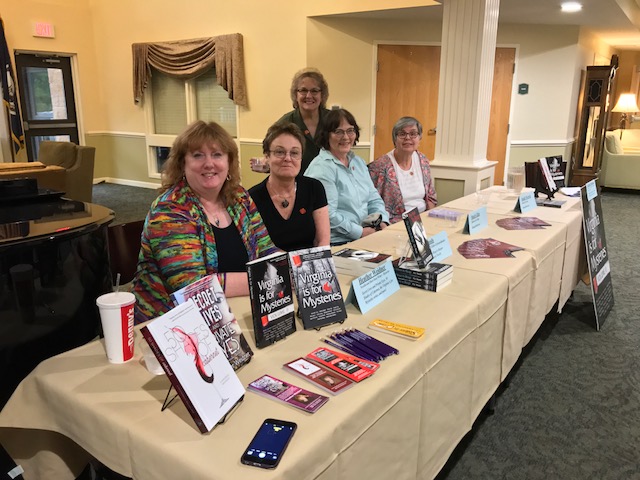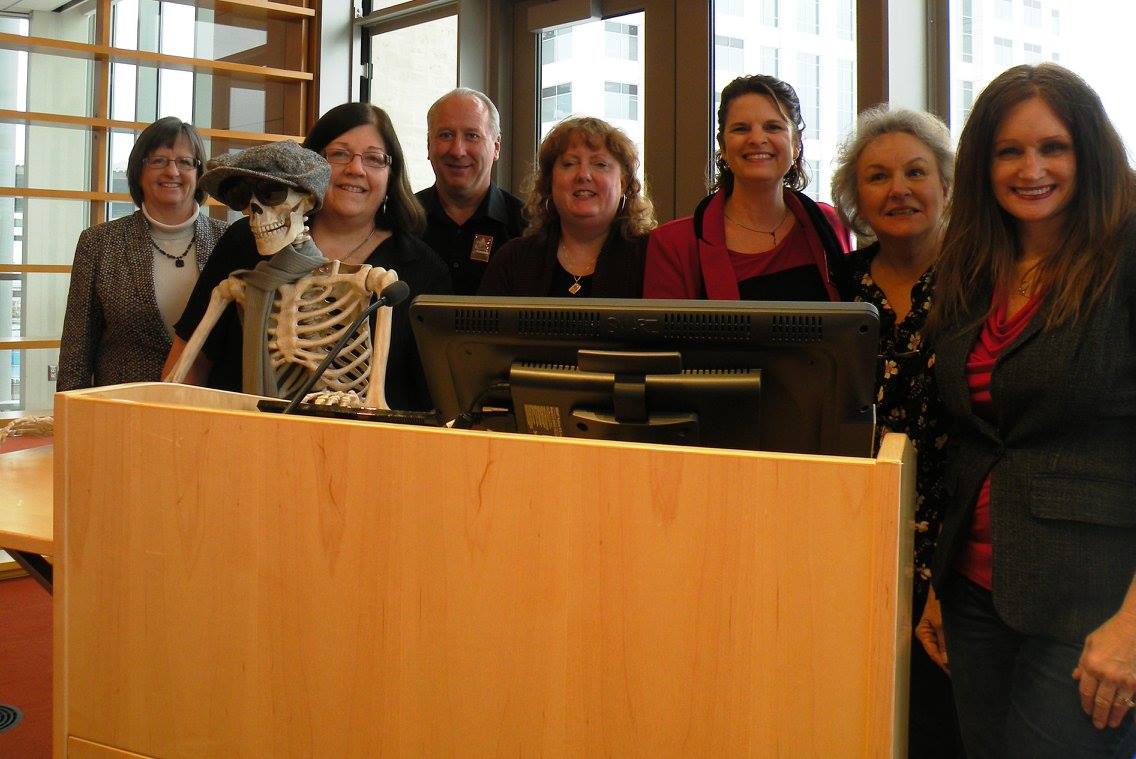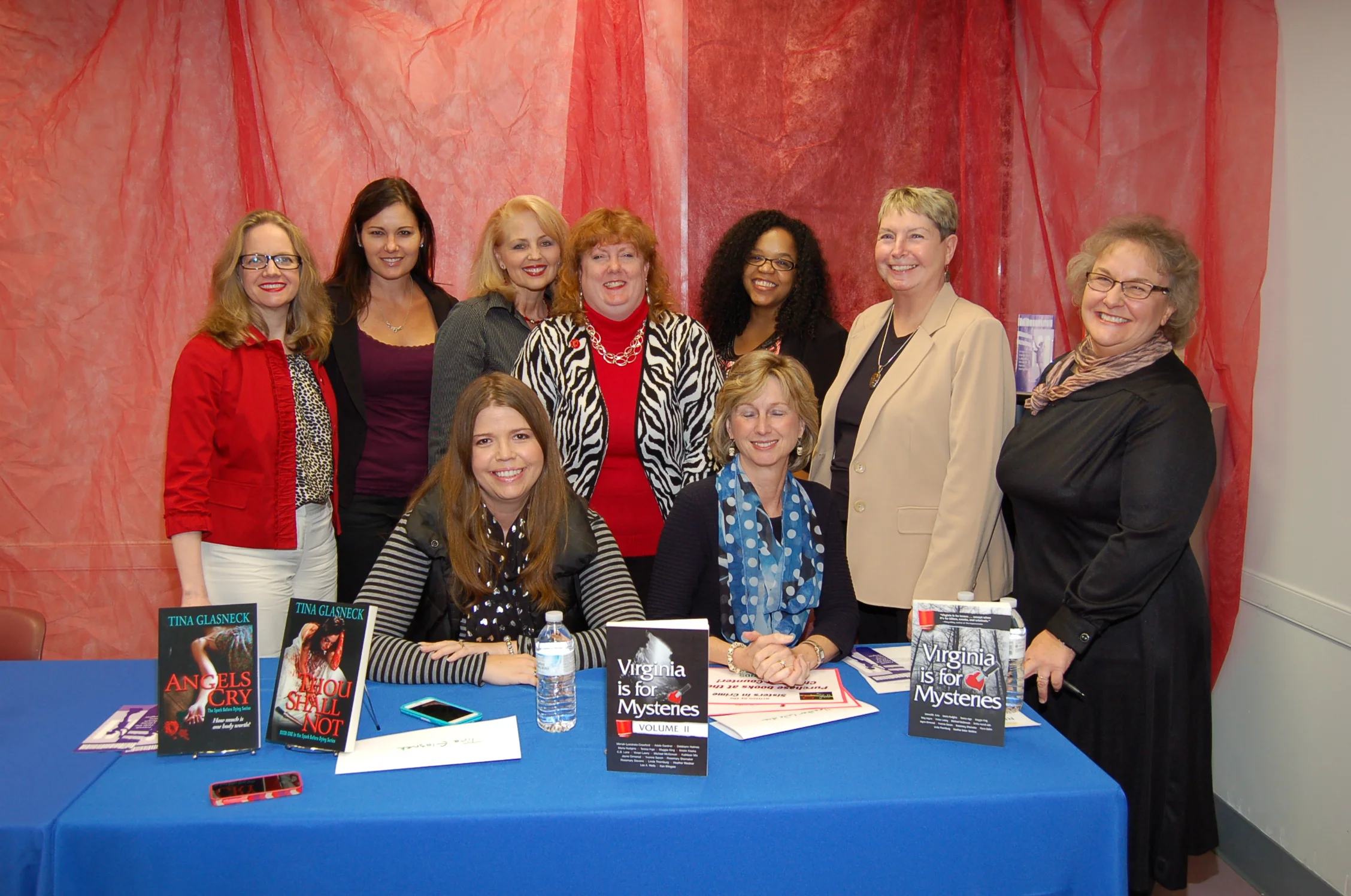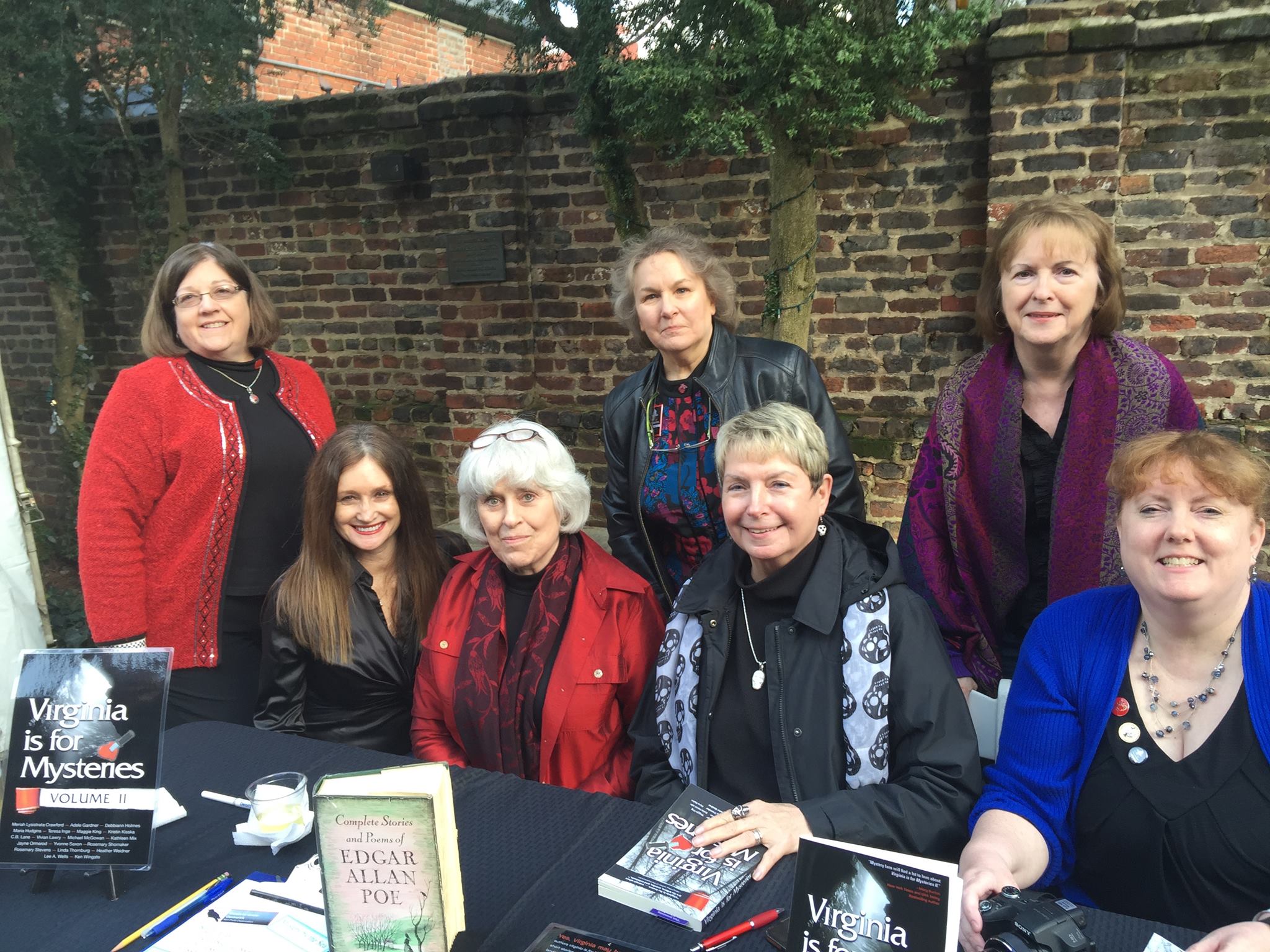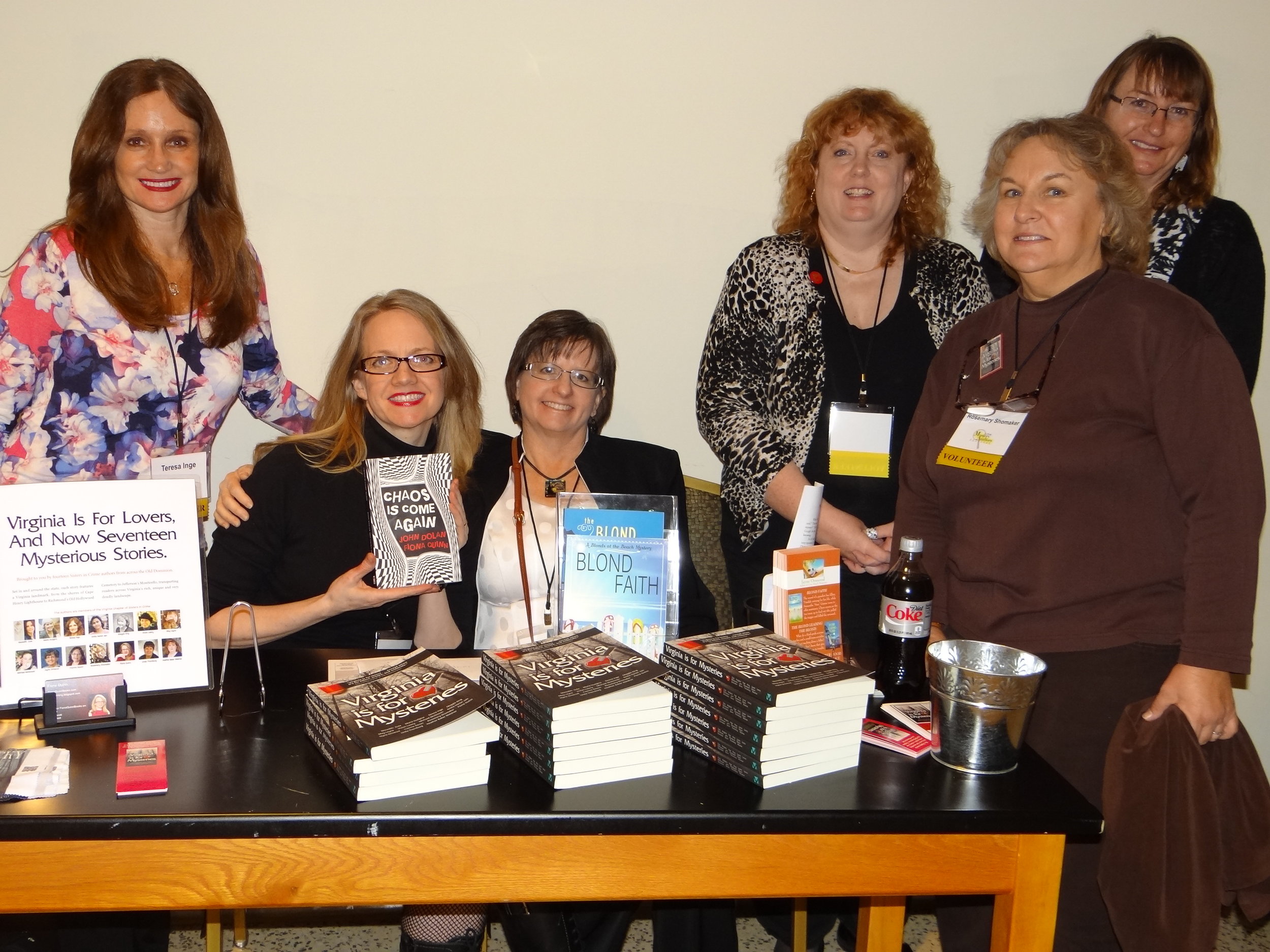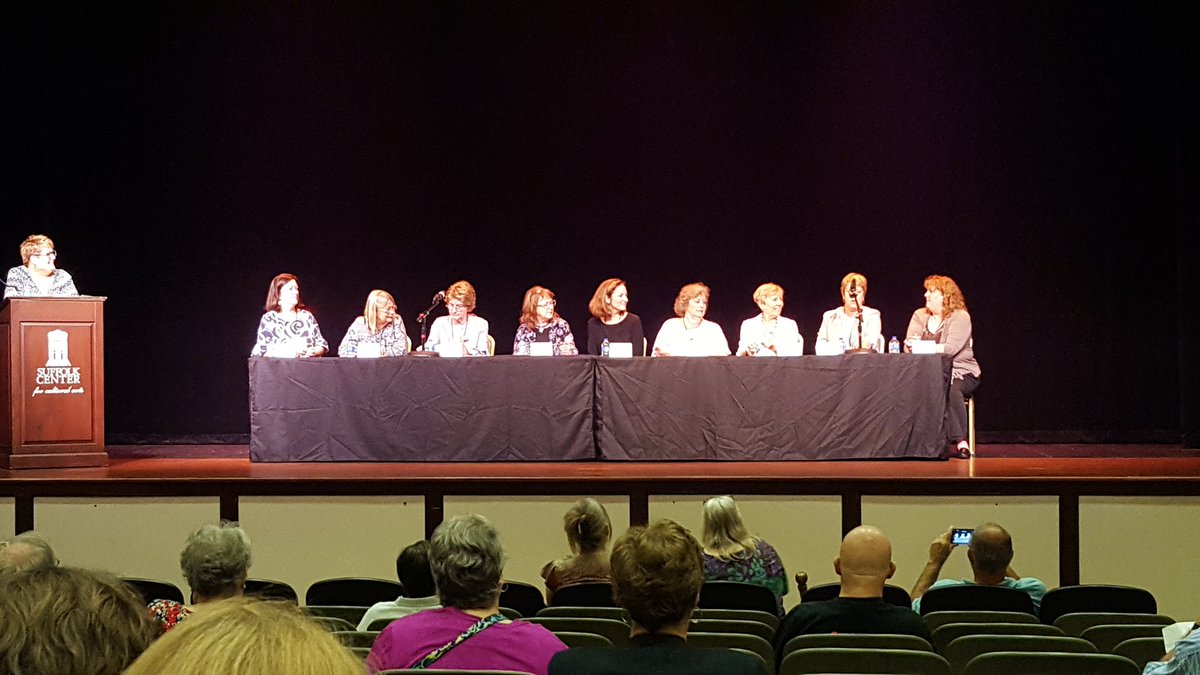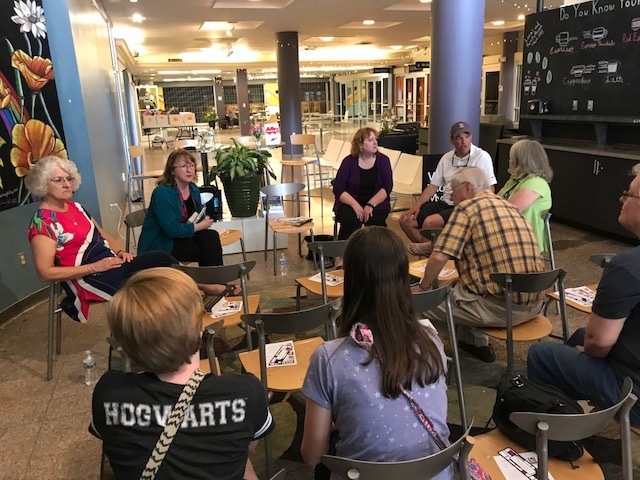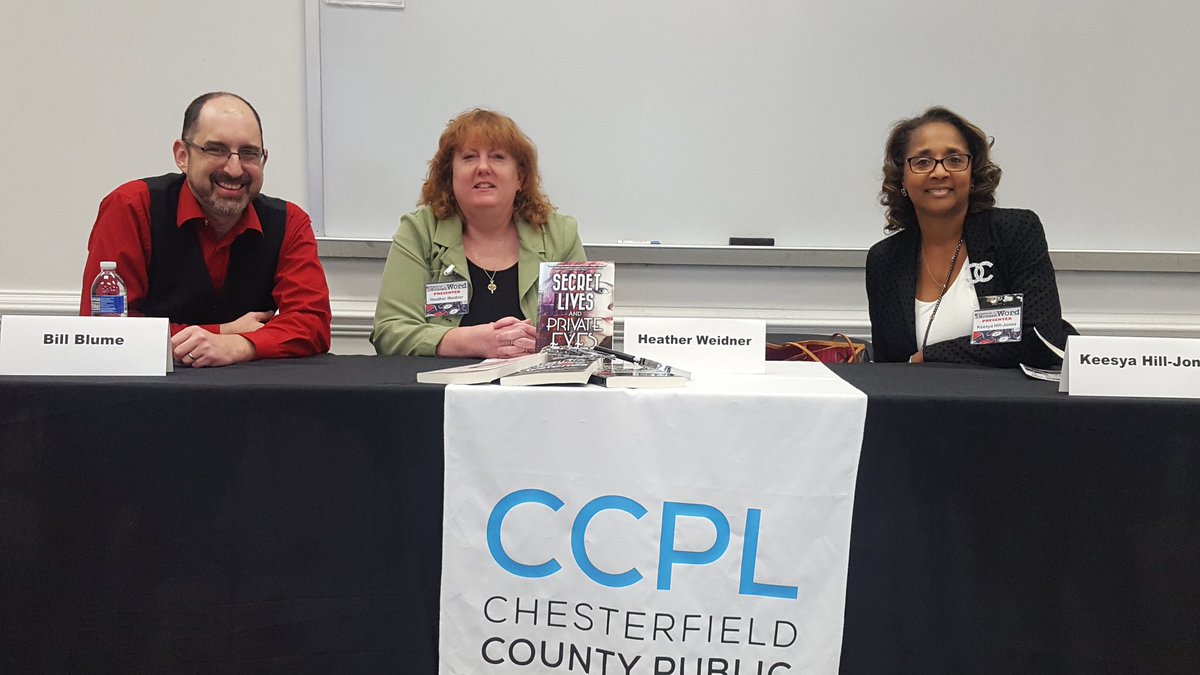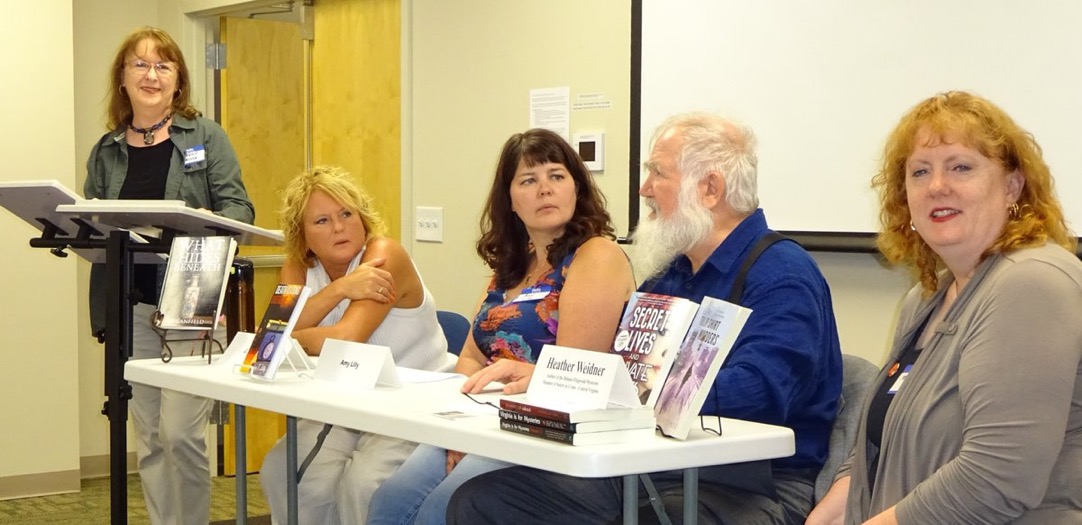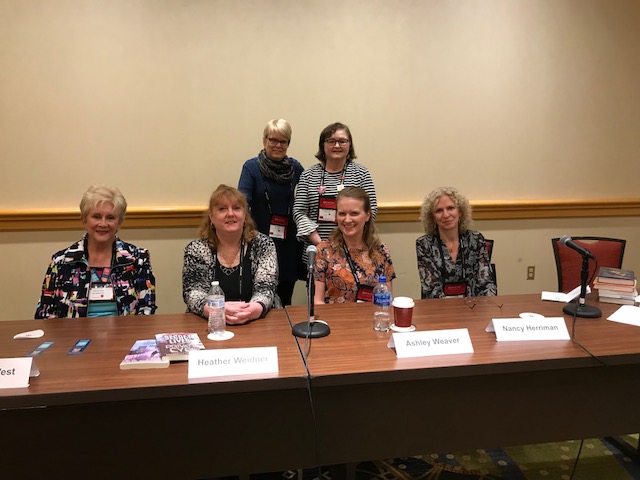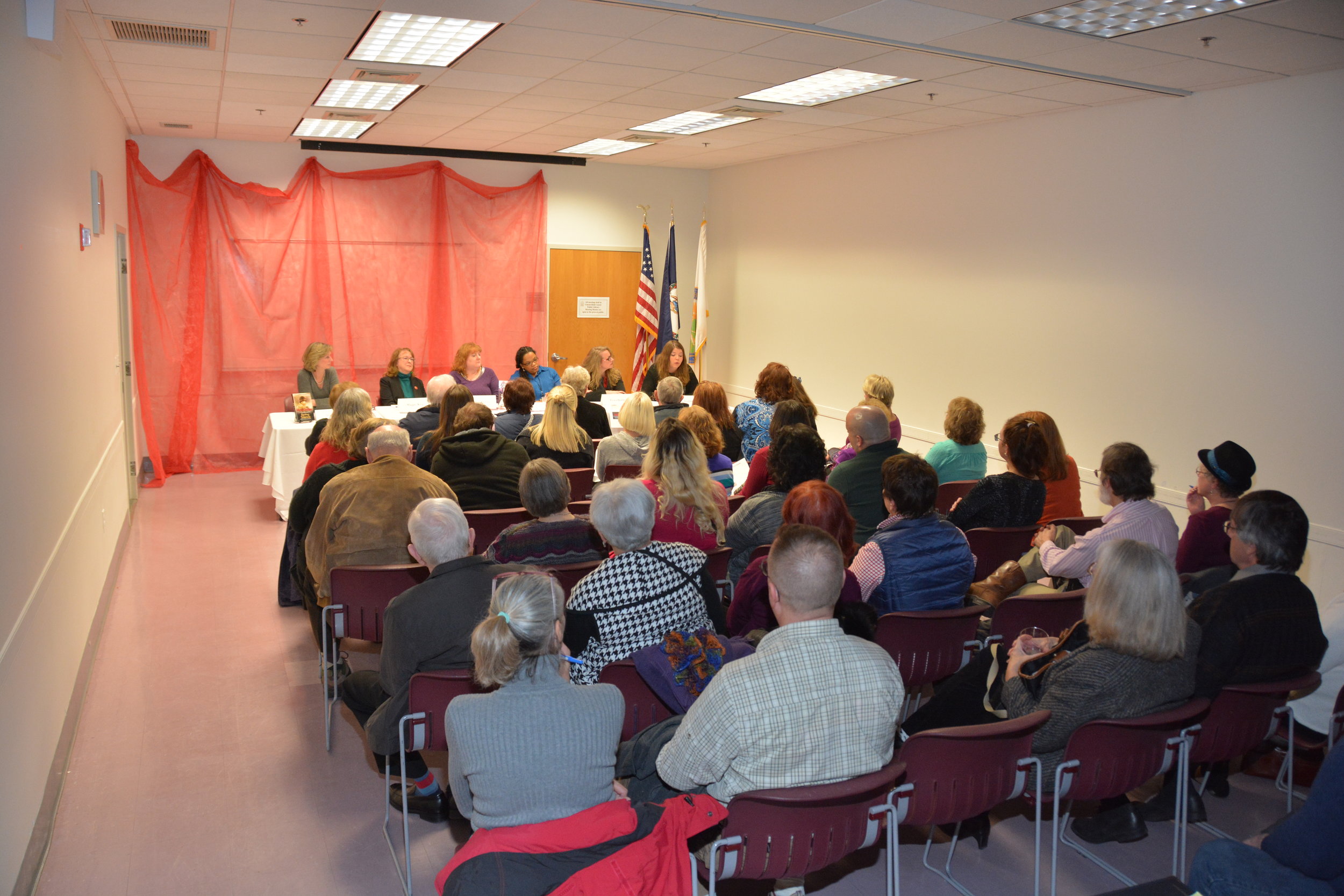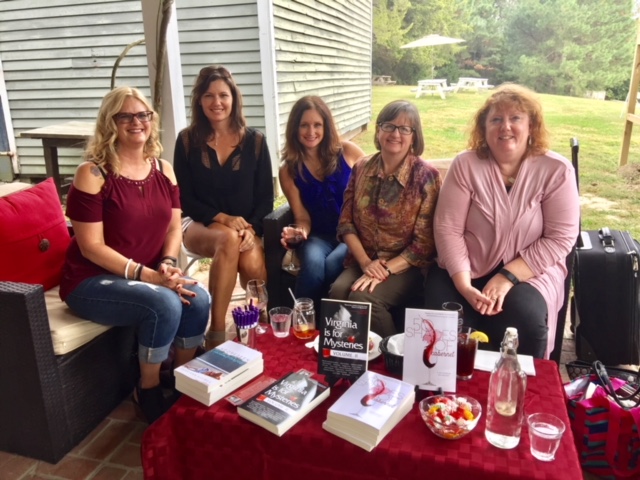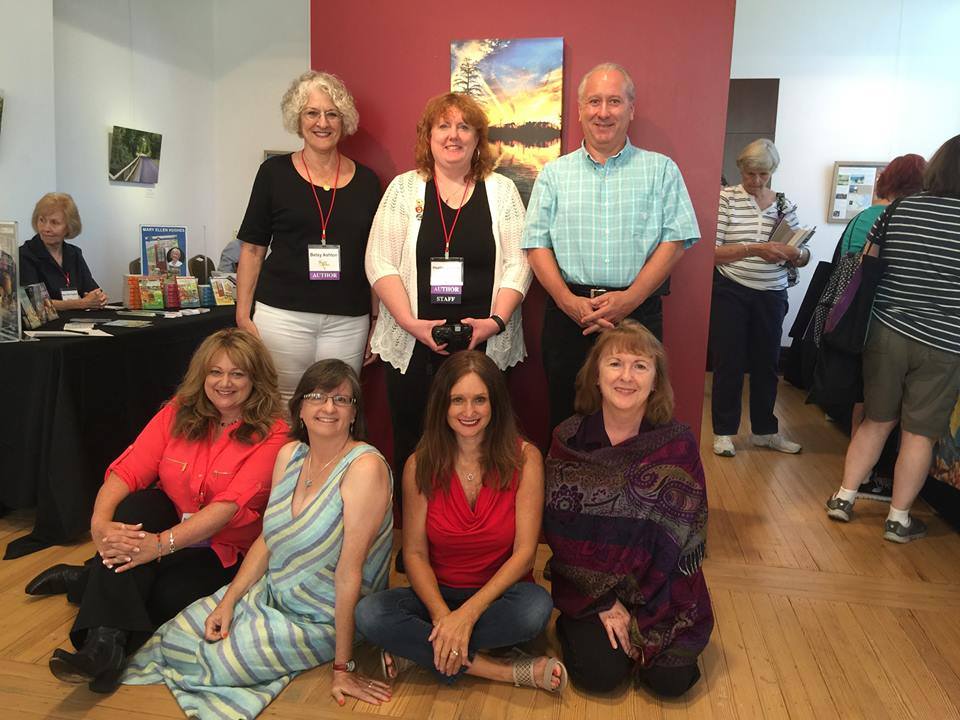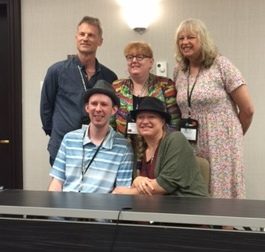Why Collaborators Need a Style Guide - Advice for Writers
/Years ago, I hired a technical writer at my day gig, and we quickly realized we needed a style guide to define how we do certain things. We had a division called Multifamily, and the title appeared as "Multifamily," "MultiFamily," "Multi-family," and "multi-family" in our technical manuals. Consistency was important, so we created some definitions of how things were going to be used.
I use the Chicago Manual of Style as my reference guide, but others prefer the AP or the MLA guides.
If you're creating a collaborative work such as an anthology or collection of stories, a style guide will save a lot of time and headaches during editing. It will also stop a lot of arguments about who is right and who isn't. And it's also a good idea if you give the contributors the guide during the writing phase.
Here are examples of things you should include:
- Specify how you want the submissions formatted (e.g. spacing, font type, font size, etc.)
- Decide how you want paragraphs indented. Some folks use the tab key, while others use the margin/first line indent feature on their word processor.
- How are you going to define story or scene breaks? Do you want the author to use symbols (e.g. ###) centered on a line?
- How do you feel about the Oxford or serial comma? (e.g I'm bringing apples, peaches, and grapes to the picnic.) I'm #TeamOxfordComma.
- Define how the dialogue tags or attributes appear. Example:
- "Go away!" said Fred.
- "Go away!" Fred said (preferred)
- Italicize names of movies, TV shows, magazines, and books.
- Are you going to use the American or British spelling of words? (e.g. canceled or cancelled)
- Is it T-shirt, t-shirt, tshirt? What about Ok, OK, or Okay? TV, t.v., or tv?
- Use All Right and A Lot. Both are two words.
Start with some standard guidelines and then add ones that are important to the group. Remember that many publishers and editors have their own style guides, so more changes could come in the final editing stages.
I keep a style guide for myself too when I'm writing my novels, so that I am consistent between the books in a series.
What else would you include in your style guide?










